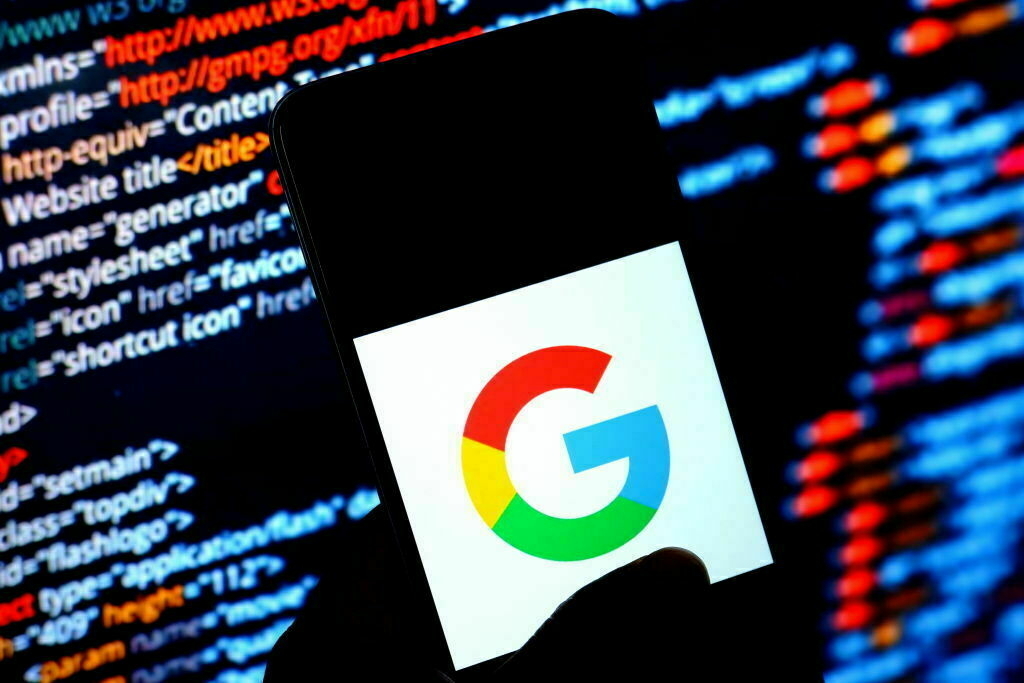The sleight of hand of crypto
Cory Doctorow is doing the rounds for his new book at the moment. But because he’s Cory, he’s not just phoning it in, or parroting the same lines.
Take this interview in Jacobin, for example. Yes, he’s talking about why he decided to write a story about crypto, but he’s so well informed about this stuff on a technical level that it’s a joy to read the way he explains things.
There’s this kind of performative complexity in a lot of the wickedness in our world — things are made complex so they’ll be hard to understand. The pretense is they’re hard to understand because they’re intrinsically complex. And there’s a term in the finance sector for this, which is “MEGO:” My Eyes Glaze Over. It’s a trick.Source: Cory Doctorow Explains Why Big Tech Is Making the Internet Terrible | Jacobin[…]
A lot of the crypto stuff starts with what a sleight-of-hand artist would do. “Alright, we know that cryptography works and can keep secrets and we know that money is just an agreement among people to treat something as valuable. What if we could use that secrecy when processing payments and in so doing prevent governments from interrupting payments?”
After this setup, the con artist can get the mark to pick his or her poison: “It will stop big government from interfering with the free market” or “It will stop US hegemony from interdicting individuals who are hostile to American interests in other countries and allow them to make transactions” or “It will let you send money to dissident whistleblowers who are being blocked by Visa and American Express.” These are all applications that, depending on the mark’s political views, will affirm the rightness of the endeavor. The mark will think, that is a totally legitimate application.
It starts with a sleight of hand because all the premises that the mark is agreeing with are actually only sort of right. It’s a first approximation of right and there are a lot of devils in the details. And understanding those details requires a pretty sophisticated technical understanding.
